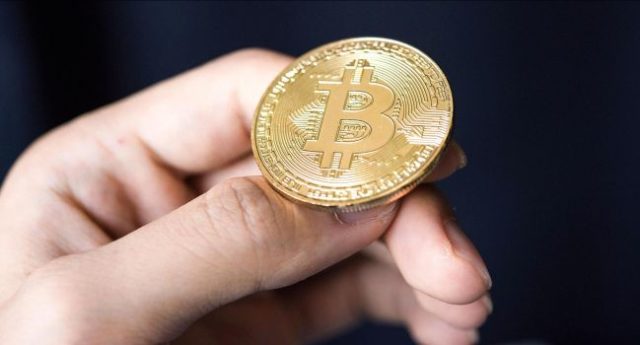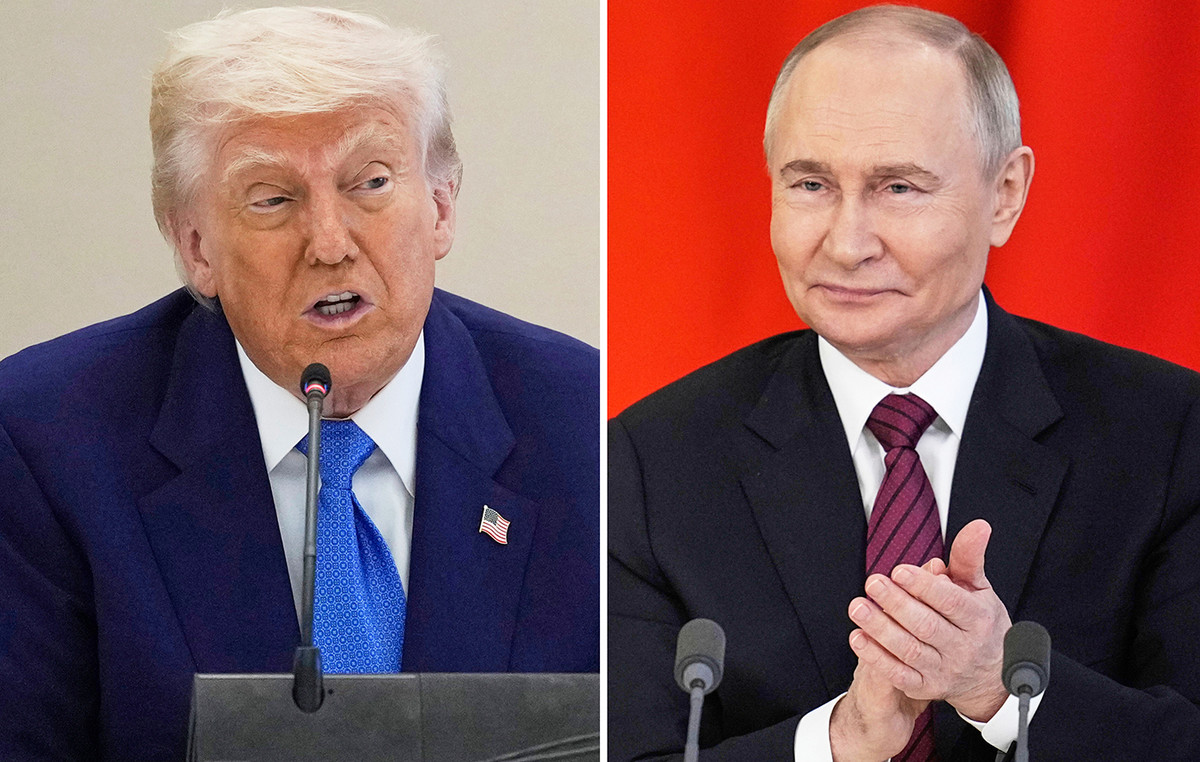The president of the European Central Bank (ECB), Christine Lagarde, spoke in an interview with the French media, the Dimanche Tribune, published on Saturday.
Outstanding comments
“It is impressive to note that in a period of uncertainty when we should normally have seen the dollar appreciated, the opposite happened. It is counterintuitive, but justified by uncertainty and the loss of confidence in US policies between certain segments of financial markets.”
“At a time when we see that the rule of law, the judicial system and the commercial rules are being questioned in the US …. Europe is rightly perceived as a stable economic and political area.”
Market reaction
At the time of writing, the EUR/USD rises 0.13% in the day, quoting about 1,1175.
BCE FAQS
The European Central Bank (ECB), based in Frankfurt (Germany), is the euro zone reserve bank. The ECB sets interest rates and manages the monetary policy of the region.
The main mandate of the ECB is to maintain prices stability, which means maintaining inflation around 2%. Its main tool to achieve this is to raise or lower interest rates. Relatively high interest rates often translate into a stronger euro, and vice versa.
The BCE Governing Council adopts monetary policy decisions in meetings that are held eight times a year. The decisions are adopted by the directors of the national banks of the euro zone and six permanent members, including the president of the ECB, Christine Lagarde.
In extreme situations, the European Central Bank can launch a political tool called Quantitative Easing (quantitative relaxation). The QE is the process by which the ECB prints euros and uses them to buy assets (normally state or business bonds) to banks and other financial institutions. The result is usually a weaker euro ..
The QE is a last resort when it is unlikely that a simple decrease in interest rates achieves the price stability objective. The ECB used it during the great financial crisis of 2009-11, in 2015 when inflation remained stubbornly low, as well as during the Coronavirus pandemic.
The quantitative hardening (QT) is the reverse of the QE. It is carried out after the QE, when economic recovery is underway and inflation begins to increase. While in the QE the European Central Bank (ECB) buys state and business bonds from financial institutions to provide them liquidity, in the QT the ECB stops buying more bonds and stops reinvesting the main one that overcomes the bonds it already has. It is usually positive (or bullish) for the euro.
Source: Fx Street
I am Joshua Winder, a senior-level journalist and editor at World Stock Market. I specialize in covering news related to the stock market and economic trends. With more than 8 years of experience in this field, I have become an expert in financial reporting.







